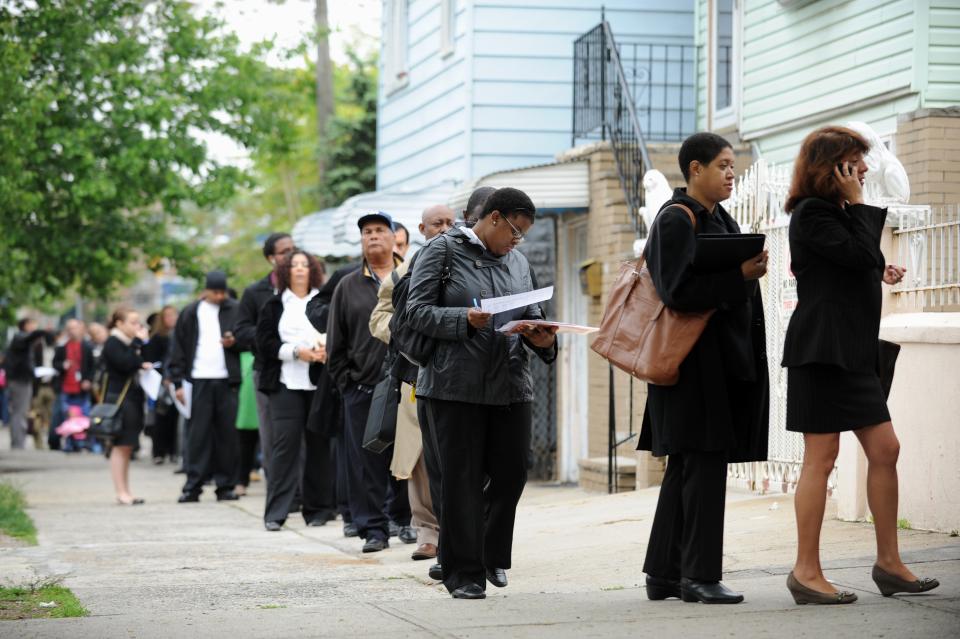Stimulus won't instantly save the stock market or America: strategist
Let’s put things in perspective.
Wall Street has become obsessed with the word stimulus as some form of magic elixir that could pull the U.S. economy out of the COVID-19 doldrums seemingly overnight. The conventional wisdom among investors and strategists — at least at this moment — is that fresh $1,200 checks to households, an airline industry bailout and returning unemployment top ups (among other efforts) are all super cures. Poof, we go back to a normal economy and less volatile stock market once a $2 billion stimulus is announced by whoever is president come Nov. 4.
It’s not that easy, however, say some level-headed folks on the Street. And as a result, the question needs to be asked whether the S&P 500 truly deserves to be hovering around a record high again.
“I think we have become fixated with stimulus,” Sevens Report Research founder Tom Essaye said on Yahoo Finance’s The First Trade. “The numbers are so big now on stimulus. But we have an employment problem. I put up a chart yesterday in a presentation that shows weekly jobless claims. We’re still so far above the worst levels of the Great Recession it is kind of scary. And I think that people are forgetting that.”
In the case they have forgotten about how much the pandemic has walloped the U.S. economy, allow us to jog one’s memory.

Jobless claims rose by 53,000 to 898,000 last week, snapping back-to-back weeks of improvement. Meanwhile, job cuts in the thousands continue at some of the country’s biggest companies.
AT&T’s WarnerMedia unit reportedly plans to cut thousands of positions soon as the pandemic has hurt content development and ad sales. Cineworld has closed all its theaters as COVID-19 cases are back on the rise, putting 40,000 workers at risk. American Airlines and United Airlines have canned thousands of workers as travel remains tepid at best. Disney is letting workers, 28,000 to be exact, go with parks globally nearly empty.
A good portion of these jobs will never come back, a byproduct of the pandemic. Other jobs will likely be very slow to come back, a reality of the pandemic lingering on indefinitely.
It is also worth noting that a recent report by Challenger Gray & Christmas indicates that U.S. employers announced 118,804 layoffs in September, a 186% increase from the 41,557 job cuts in September 2019.
So before thinking that a stimulus plan is the silver bullet, an investor would be wise to keep in mind the challenging trends on Main Street.
Jobless claims rose by 53,000 last week, after back-to-back weeks of improvement in new jobless claims.
“Unless there is a widely accepted vaccine or COVID-19 burns itself out, then we are going to need more work. A $1,200 check will not replace a paycheck for the year,” says Essaye.
He’s right, it won’t.
Brian Sozzi is an editor-at-large and co-anchor of The First Trade at Yahoo Finance. Follow Sozzi on Twitter @BrianSozzi and on LinkedIn.
What’s hot this week from Sozzi:
Watch Yahoo Finance’s live programming on Verizon FIOS channel 604, Apple TV, Amazon Fire TV, Roku, Samsung TV, Pluto TV, and YouTube. Online catch Yahoo Finance on Twitter, Facebook, Instagram, Flipboard, SmartNews, LinkedIn, and reddit.

 Yahoo Finance
Yahoo Finance 